With her unique charm and literary knowledge, Professor Anuchka Ramos Ruiz shares her vision from a writer’s standpoint.
By Marla Figueroa-Ramos
Integrated Communications
“I have always believed that everyone has something to tell. Between our day-to-day activities and the archives of memory, there are lessons, stories, and observations that are worth documenting.”
If you ask professor and writer Anuchka Ramos Ruiz where her name comes from, she will probably give you two answers: the formal and literary one, and another that may make you roar with laughter. The thing is that, when you have a conversation with her, you get to know a literary professional with a different, refreshing, and modern vision who is capable of grabbing the attention of both her students and her readers.
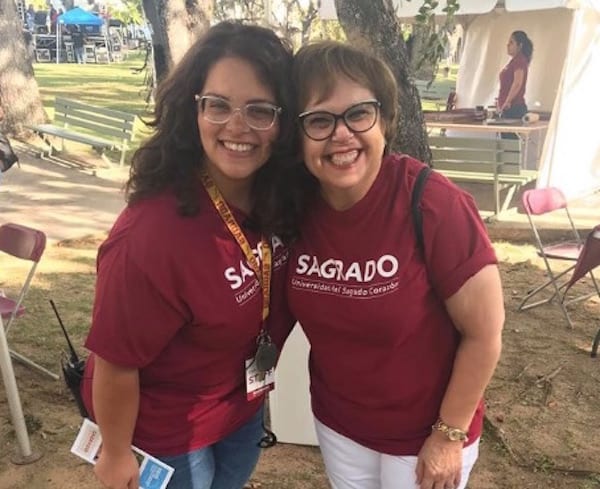
Anuchka, who is currently an assistant professor at the Interdisciplinary School of Humanistic and Social Studies (FIEHS, Spanish acronym), holds a Ph.D. in Literature and Cultural Studies from the University of Santiago de Compostela, Spain, and has a wide array of pop culture and literary references that allow her to reach different audiences.
“As most writers, I’m not a writer by choice. I write because I have to. That doesn’t mean I don’t have a plan; I embrace each idea as a project; one can’t always depend on inspiration,” she commented.
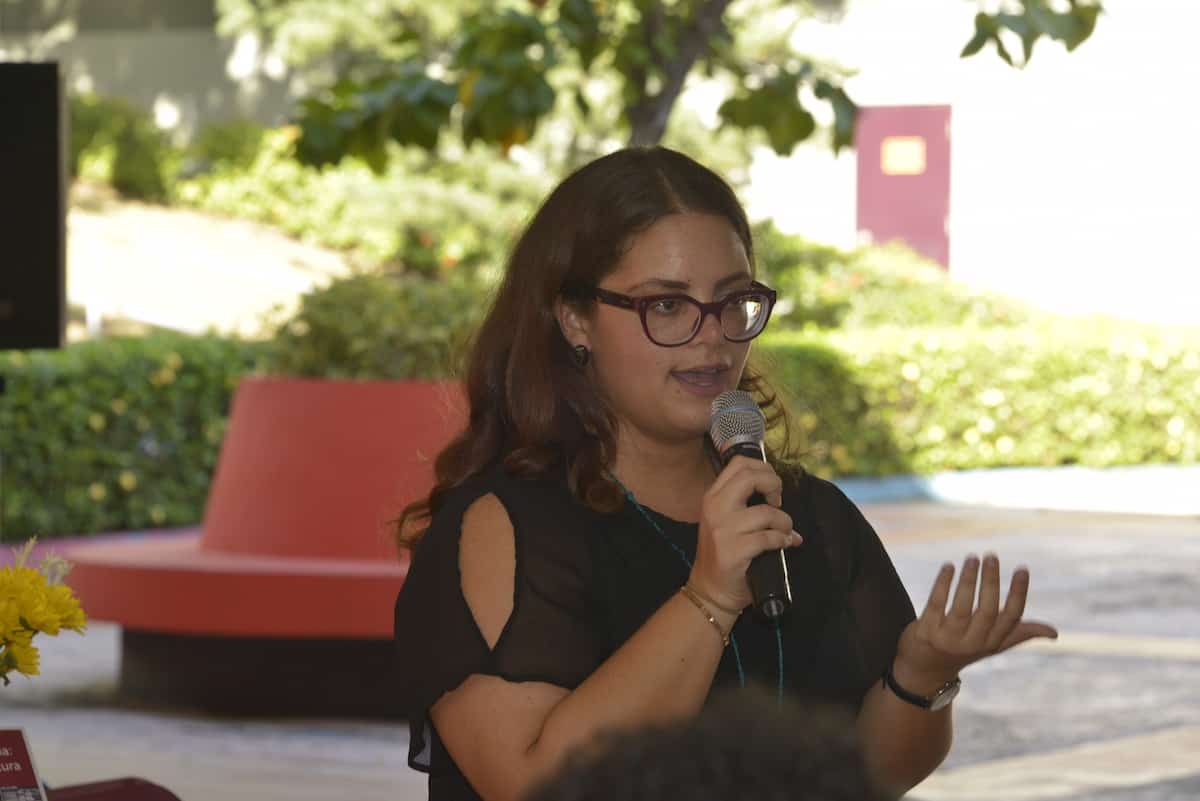
The literary adventure of this professor began during her childhood when she used to write alone in her room. Her parents instilled the love for words in her, and from a very young age she began working with different ideas that led her to write her first play back when she was in high school.
Throughout her professional career, she has published about 20 of her works, such as: Secretos contados al viento (Secrets told to the Wind) (2007), No me quieras (Don’t Love Me) (2014), and Claustrofobia (Claustrophobia) (2016). She has also participated in the Puerto Rican Coalition Against the Death Penalty and the Alianza Laura Aponte por la Paz Social (Laura Aponte Alliance for Social Peace). Her specialty areas include XX century and contemporary literature, Hispanic-Caribbean literature, writing, creative writing, chronicles, essays, discourse analysis of the works of Julio Cortázar, and autofiction.
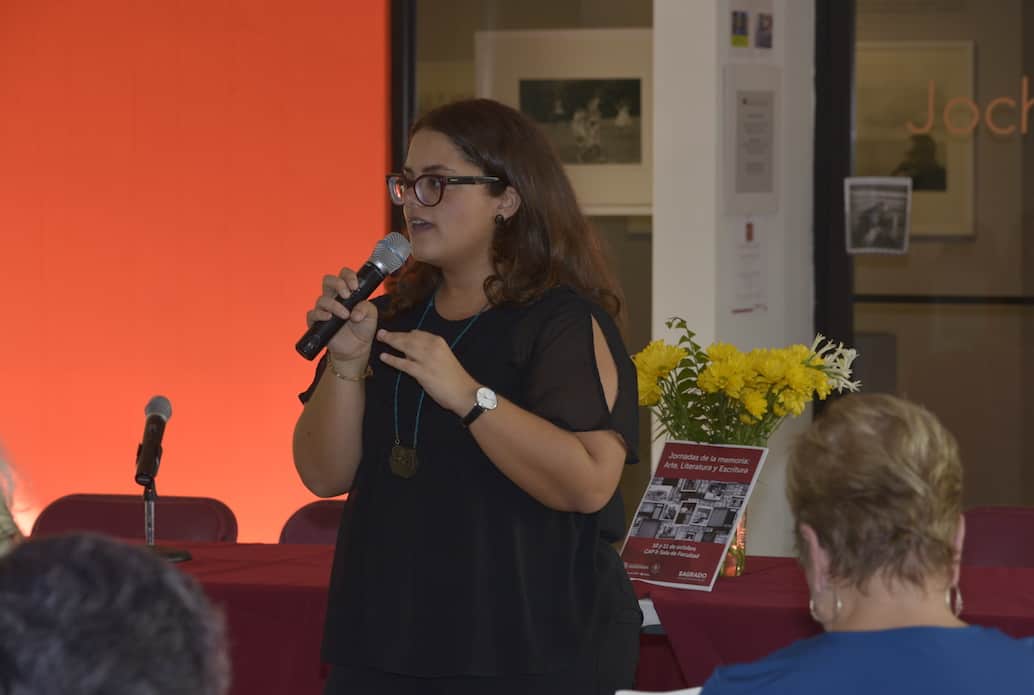
“Every book always brings an opportunity to challenge me as an artist, to explore other techniques, topics, and styles, to break free from routine. That’s why every project I work with is different,” she expressed.
Memoir writing is one of genres in which she has excelled. Using this literary format, Anuchka has been able to teach several courses and workshops that have piqued the curiosity of participants while they are being effectively transported in time and space. Inspired by this genre, Ramos Ruiz stood out in 2018 as the coordinator of the first Jornadas de la memoria (The journeys of Memory) in Sagrado, an event where renowned Puerto Rican writers and the community converged.
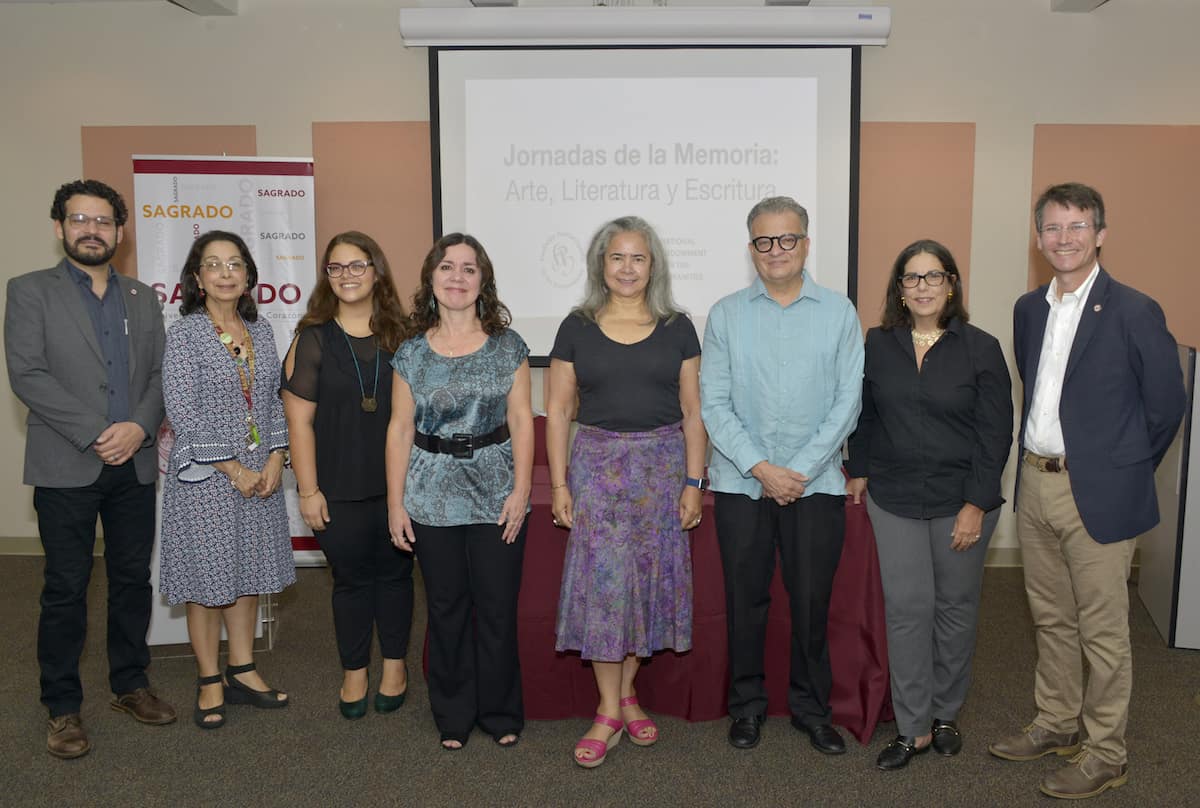
“The Journeys allowed us to explore personal and collective memories that were passed down to us and often define us as a people. The use of this resource shows us our human side and makes us the main character. It is a very rich genre and we are pleased to have been able to organize an event such as this at the university,” she noted.
Anuchka is currently celebrating the publication of the third revised and expanded edition of her poem book entitled Autopsia [Autopsy] (Ediciones Aguadulce, 2014). In this book, the writer explores the topic of death and all aspects surrounding it. She also explores the bond between the father figure, loneliness, the journey, mystery, and fear. The title Autopsia perfectly sums up the book; it represents another approach to “the search.”
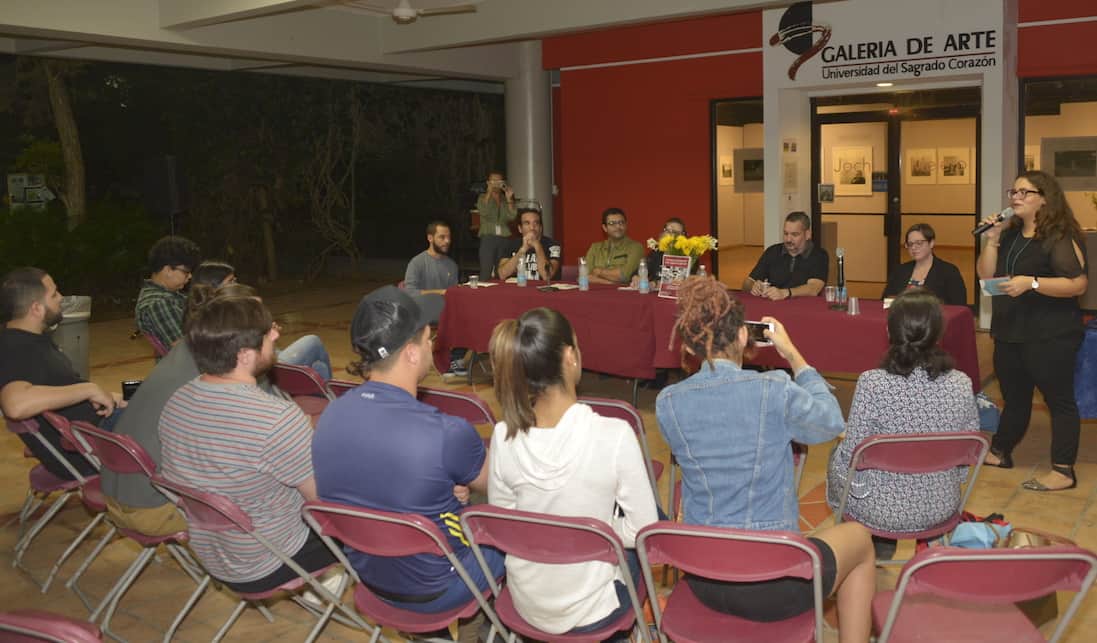
“I am very happy with this new edition. This book showcases a literary and metaphorical autopsy. It analyzes death and touches on many of its forms and perspectives, from sorrow to loneliness to the fear of dying. What I want for people to take away from this experience is an ‘autopsy’ of themselves, another way to examine our surroundings. That’s what poetry is, always; that’s what writing is, always,” she said.
The presentation of Autopsia will be held on February 28, 2019, at 7:00 p.m. in Libros AC, located at Ponce de León Avenue, Santurce.
See you there!
